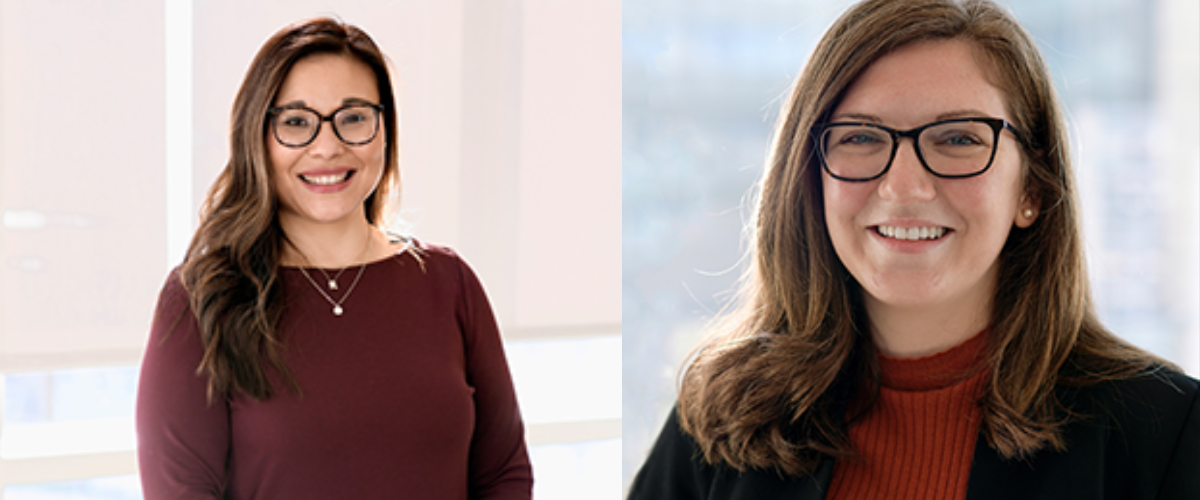Tuesday, December 13, 2022
|

The Committee on Equal Opportunity and Diversity (CEOD) at UMass Chan Medical School was formed to ensure everyone in the Medical School community feels seen and heard and has access to opportunities that make them feel a part of the work to create a more diverse, equitable, inclusive and just organization.
The CEOD serves in an advisory capacity to Chancellor Michael F. Collins, as well as to the Diversity and Inclusion Office, to implement signature policies and programs that support the diversity pillar of the IMPACT 2025 strategic plan.
While the CEOD previously did this work under numerous subcommittees, it was restructured into three thematic ones: advocacy, education and service, with co-chairs to guide goal-setting and benchmarks to achievements.
Under the advocacy subcommittee, the needs of community members with marginalized identities will be welcomed and shown a pathway to success in the organization. More than tolerance, advocacy seeks to influence policy on behalf of others. Advocacy promotes the rights of those whose voices are not always heard and have something to contribute that positively enhances the way we work and live in community together. More importantly, advocacy at its best is work we do in accompaniment with others, rather than for others. Some advocacy avenues the CEOD hopes to explore include gender affirming and accessibility work.
“Through empathy, compassion and community work, we advocate for the diverse needs of marginalized and unrepresented members of the UMass Chan community,” said Valerie Wedge, LICSW, CEAP, director of the Office of Well-Being and co-chair of the advocacy subcommittee.
The education subcommittee seeks to take our community further in its understanding of diversity, equity and inclusion by providing access to new workshops and trainings that lead us from theory to practice. In our collective work to ensure our institution does all its strategic work from a diversity, equity and inclusion lens, continued education must push beyond buzz words and go to places of discomfort. Some examples of those places of discomfort include exploring white supremacy culture, how it shows up in the workplace, how to address it and how racial identity enables others to see themselves as valuable members of an organization.
“I am excited to work alongside my fellow co-chairs to re-envision how we engage the entire institution in professional and personal development to promote anti-racism in practice,” said Tiffany Cook, director of diversity, equity and inclusion education and integration and co-chair of the education subcommittee.
Finally, the service subcommittee will provide opportunities for UMass Chan to engage with our surrounding community and to collaborate with community partners in meaningful and mutually beneficial ways. Service not only connects us with the community and builds relationships, but it helps us become socially aware of the issues in our community and collaborate for better solutions.
"At the core of our subcommittee's work are mutually beneficial partnerships with communities, whereby our surrounding community members' voices are solicited and heard, and they become co-planners, helping guide the work of our subcommittee and ensuring we're engaging in mutually beneficial work" said Lynn Hernandez, PhD, assistant vice chancellor for diversity and inclusion and co-chair of the service subcommittee.
As we work to achieve our strategic goals together, let’s be reminded that doing this work with these themes in mind encourages collaboration and unified purpose, move us from talk to action that gets to the root of issues of inequity and power imbalances, and offers everyone an opportunity to be part of solutions.